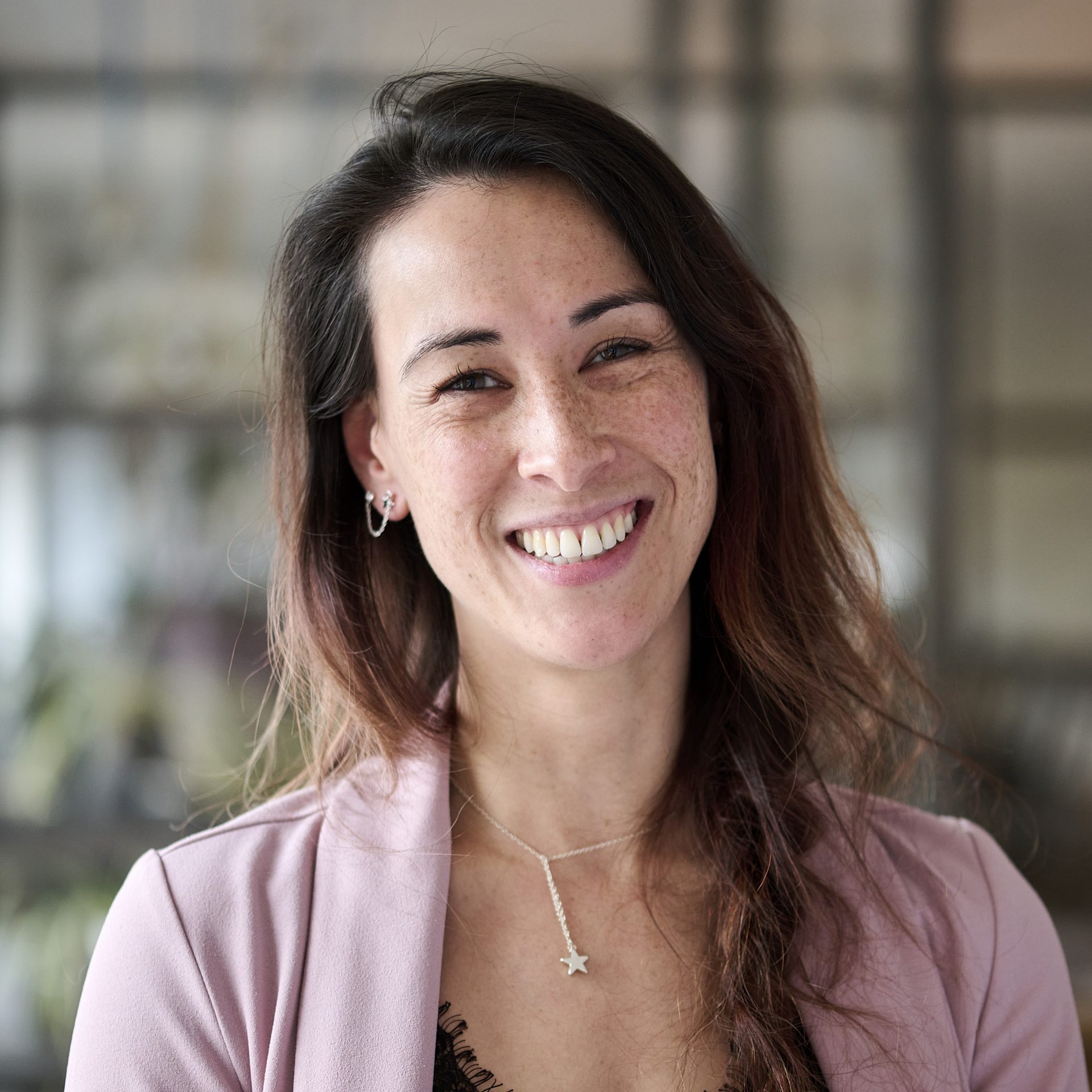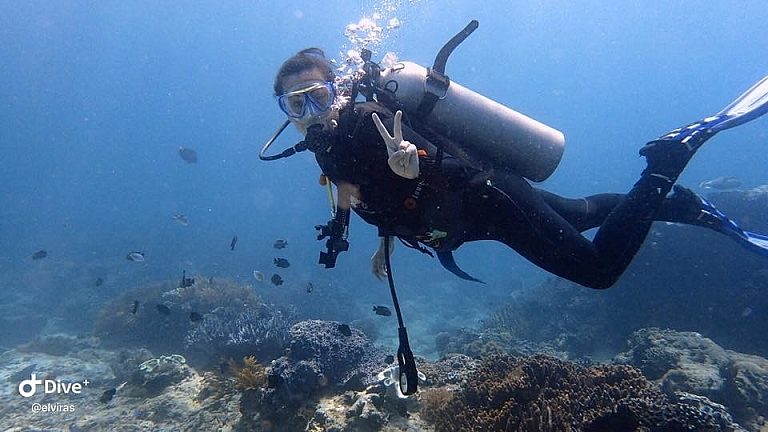Working life
What’s a typical day like for you?
I don’t have many typical days. On a company level, I participate in two meetings per week on the recruiting targets for Schuberg Philis, which teams need new colleagues, and how we can help them by activating internal mobility. On a team level, we have two meetings per week, where we discuss operations and make sure everyone gets the help they need to do their job. We discuss where the candidates are in the process, selecting the right interviewers for them, and project updates. And I have one-on-ones with every team member every other week to make sure they are doing well, asking: how are they? What are their ambitions? How can we help as a team? How can I help as a lead? How can we build upon their strengths? On a personal level, I have catchups with colleagues throughout the business to understand what’s going on in different areas of the company. In addition, there’s quite some administration involved, such as emails, which cover all sorts of topics: from the leaver numbers to being invited as a speaker at an event. Right now I’m also actively involved in hiring for a procurement manager, so I’m doing orientation calls, facilitating interviews, managing the candidates, and answering questions about the role. So I would say my scope has a wide range. That includes headcount management – trying to determine the recruitment strategy that enables achieving our targets and supporting where the company needs to be in the coming three, six, nine, and 12 months – keeping an eye on legislation changes and recruiting system updates, and ensuring that the onboarding of new hires goes smoothly. That particular responsibility requires following a new hire’s trajectory through six months into their employment when we schedule the last of three round tables to check in and see if we, as a company, did our best in supporting them.
Almost five years ago now, what was it about Schuberg Philis that made you yourself apply and ultimately accept an offer?
I was actually headhunted at a time that I wasn’t even thinking about changing jobs and when my personal and professional life were super busy. But I thought: “Let's have a chat, see where it leads? The experience would be good for me anyways.” So I shared my résumé and had a nice call with the recruiter. I was invited to have an informal chat at the office to meet some Schuberg Philis colleagues, no strings attached. At first, I declined because I did not want to waste anyone's time and felt too busy to properly consider this potentially great opportunity. The recruiter asked if he could approach me again if they were unable to find anyone suitable in a few weeks, and I was good with that. Eventually, the recruiter did reach out again and I ended up having my first orientation conversation with two managing directors: Arjan Eriks and Jeroen Borst. It was around the time that the Dutch government changed its “30% ruling” from eight to five years, meaning highly skilled migrants to the Netherlands lost three years of exemption from paying taxes on up to 30% of their salary. When the directors came into the room where I was waiting, they were buzzing: “How do we handle this new ruling and communicate with colleagues?” Knowing I was working at a company with a lot of expats at the time, they immediately included me in the conversation: “How do you do it?” We skipped the whole personal introduction and went right into it. And this is one of the things that I really appreciated and what really separated it from prior hiring processes: even though they did not know whether I was going to be a match, as an expert in my field, I got a seat at the table. They didn’t even know me, yet still trusted me for what I could potentially bring to the company. That was the first moment when I thought: “Hmm, so this is also a possible way of working.” When we ended the conversation, they asked me what it would take for me to continue the process. I said: “Well, I would like to see how people respond to you, as male white managing directors, and I would like to work in an environment where there’s a flat hierarchy, where people respect each other for what you bring to the table and who you are. Maybe you can give me a tour of the office as I am curious to see how people respond to you.” It was very clear from the beginning that no matter the fact they were managing directors, they were just accepted as regular colleagues. Then I had my cultural-ft interview, my craftsmanship-check interview, a final interview, and the cognitive and competences assessment. Going through the process, I realized Schuberg Philis felt like a different caliber: there’s a level of intelligence present that’s going to help me get out of my comfort zone. I could help Schuberg Philis and they would help me develop myself. It was an extensive hiring process, though what really set the whole experience apart was the attentiveness for my own situation: being respectful of my time and being patient when I was unavailable because of my busy professional and personal life. That is something I highly appreciate to this day and try to apply when guiding my own candidates through the process. After my final interview, I was invited to have dinner with my potential new team. It was such a nice evening, and I had so much fun. That was just an extra step that made me think: Schuberg Philis is really different.
Company culture
When on the hiring side of the table, does intuition also inform your assessment of whether someone is the right fit?
Yeah, actually Schuberg Philis has taught me to trust my intuition a lot more. I’m a very structured and organized person. I love facts, data, and numbers. But at Schuberg Philis, there have been moments where I couldn’t name everything I felt and found myself struggling to find the right words to explain why I think someone was or wasn’t a fit. My colleagues Mieke Luitjes and Tjeerd de Graaf have since really helped me find the vocabulary for what I feel with that sort of “sixth sense.” As far as what enables Schuberg Philis to help me trust myself in the first place, I think it starts with trust in general. You’re invited to the table. You are appreciated for the skills and experience you bring. We offer a long-term contract or a permanent contract because you’ve gone through the process; we've done our due diligence. We believe you are the right person. And during the hiring process but also the onboarding, I really felt I was given a lot of time to observe what was going on and to figure things out for myself.
What does the onboarding process entail?
Onboarding at Schuberg Philis takes around six months. It is built up quite well: you start with company onboarding, which lasts approximately one week and during which you get to know more about our company, our services, our way of working, and our unique culture. You then go into team onboarding, where your Customer Director, buddy, coach, and team take over further onboarding. As I am part of a central team rather than a customer team, we do not have a Customer Director; the regular responsibilities of this role fall within my own role as Lead. I therefore partnered closely with the Managing Directors to learn how to lead a team at Schuberg Philis without being a manager. I had a great buddy and team, who made it safe for me to explore Schuberg Philis, guided me when I had questions, and helped me hit the ground running on the job. In addition, new hires get three round tables during which your team members, Customer Director, buddy, and coach share their observations of how things going and explore what you need to be even more successful in onboarding. The interesting part here is that it has nothing to do with the performance of the new hire, but everything to do with the performance of how Schuberg Philis helps them onboard. The onboarding was another way I experienced that working at Schuberg Philis really does start with trust and, also, the ability to fail and learn. That again comes back to the appreciation of the individual. It’s OK: you’re not perfect and you don’t have to be. You just have to be the best version of yourself.
What is most memorable from your onboarding experience?
After two months on the job, I made this presentation for a group very much involved in recruitment. I gave observations around what is going well, the team, what in my eyes they’re successful at, and the things that I thought we could improve on. I also shared a potential action plan on how I would like to approach that given my role and responsibilities. So already during my onboarding, they listened to me. Then I was asked relevant questions, not being shut down, though of course challenged because, thankfully, we keep each other on our toes. I got the confirmation that at Schuberg Philis, you need to think things through before you share them. You need to be able to argue your case. Feedback is always very respectful, from a standpoint of: have you thought about that? What about this? Let us know where you need any help or if you have any questions. It was so surprising to not have to fight for your spot or to prove yourself continuously because you’re one of the younger members in a team or are new to the company; plus, let’s face it, being a woman can also add a difficult dynamic in a male-dominated field. Here nothing made me feel held back. And I love it still.
Schuberg Philis states that it actively supports diversity and inclusion in the tech industry. What efforts are being made within the company?
This is one of the most difficult and sensitive topics of this day and age, not just for Schuberg Philis, but in general. I know that at a certain point, our company would also like to well represent all different backgrounds, skills, experiences, age categories, whatever you can think of under the category of “diversity.” Being in the technology world makes it quite difficult because there are relatively fewer women and also fewer people from certain cultures, so it’s hard to set certain quota. But we’re always really excited when we hire another a female developer or have one of those rare combinations of diverse demographic background and talent. That just makes everyone happy; it’s not just the recruiting team – it’s the whole business that gets excited about it. In 2024, we’re going to hire more referrals from abroad, offering them support for relocation. In an ideal world, we would like to bring over not only the candidate, but also their partner, so both can see the office and meet people. There will be an agency to support the relocation, making sure the transition is as smooth as possible, but it all starts with enabling people to feel in control. When it comes to retention of a diversity of colleagues, it’s not just about you, but also what your partner is going to do. How do they get in contact with people? So we do hope that providing better guidance will help new hires from abroad to settle better, have an easier transition, and connect to Schuberg Philis because we’re there for them. When it comes down to more regular daily diversity and inclusion, I love the fact that one of our recruiting and onboarding coordinators connects everyone from similar cultural backgrounds. She has, for example, this group of Turkish people, those from the Balkan countries, and this South African group. When they onboard, she puts them in contact with each other should they want to share their experiences and connect. Diversity, equality, and inclusion is complex, and I think the best we can do at Schuberg Philis is to make sure that everyone feels connected, that everyone feels heard, and that we treat each other as we want to be treated. It’s not about the hype; it’s about doing the right thing.
Passion project
What do you like to do in your free time?
I have two hobbies that are slightly uncommon. One, I love to ride a motorcycle, and have been doing that for about four years on the tracks. I am not competition-driven, but I do want to improve my riding. I want to learn more about what my personal limitations are and the limitations of the bike. It is also a safe way for me to take off my leash, so to speak, because on the street, you have to be careful with the cops, traffic, children, and all the other elements that come into play. When you’re at the track, you have the legal freedom to ride as fast as you can, to learn more about how you are on the road, what you can do and you cannot do. I have a strong thrill-seeker attitude. And then in what for me is the opposite of thrill-seeking, I’m also a SCUBA diver. While most people go for yoga or meditation, I love to be in the water because down there the only things you have to think about are: where am I going? How much oxygen do I have? And just breath and enjoy the beauty that nature offers.
Do these activities help your professional life?
Yeah, in both cases it’s about resetting the mind. Because I like puzzles – the questions and the solutions – I have a tendency to keep thinking. However, when riding or driving, you have to be active with your eyes. It’s more important to see what you’re doing, be attentive to your environment, be assertive, and to process all the different visual stimuli. So there’s a distinct way your brain is involved to support your vision. At the office, it’s the other way around. Your brain gets all the stimuli. You could easily sit with your eyes closed, but because of all the chats and everything you hear or pick up, your brain just keeps going. For me, my hobbies basically work like short-term sessions of sensory deprivation, which are proven to be relaxing and conducive to meditation. So these hobbies are a great way for me to turn that thinking part of my brain off for a moment, reset, and then do other things, including returning wholeheartedly to work."
New colleagues at Schuberg Philis are greeted with the saying “Enjoy the ride!” Being the driver that you are, did you come up with that?
No, I wish, haha. It was there long before I started.
Curious to know more about how more colleagues spend their days? See the whole series here.




